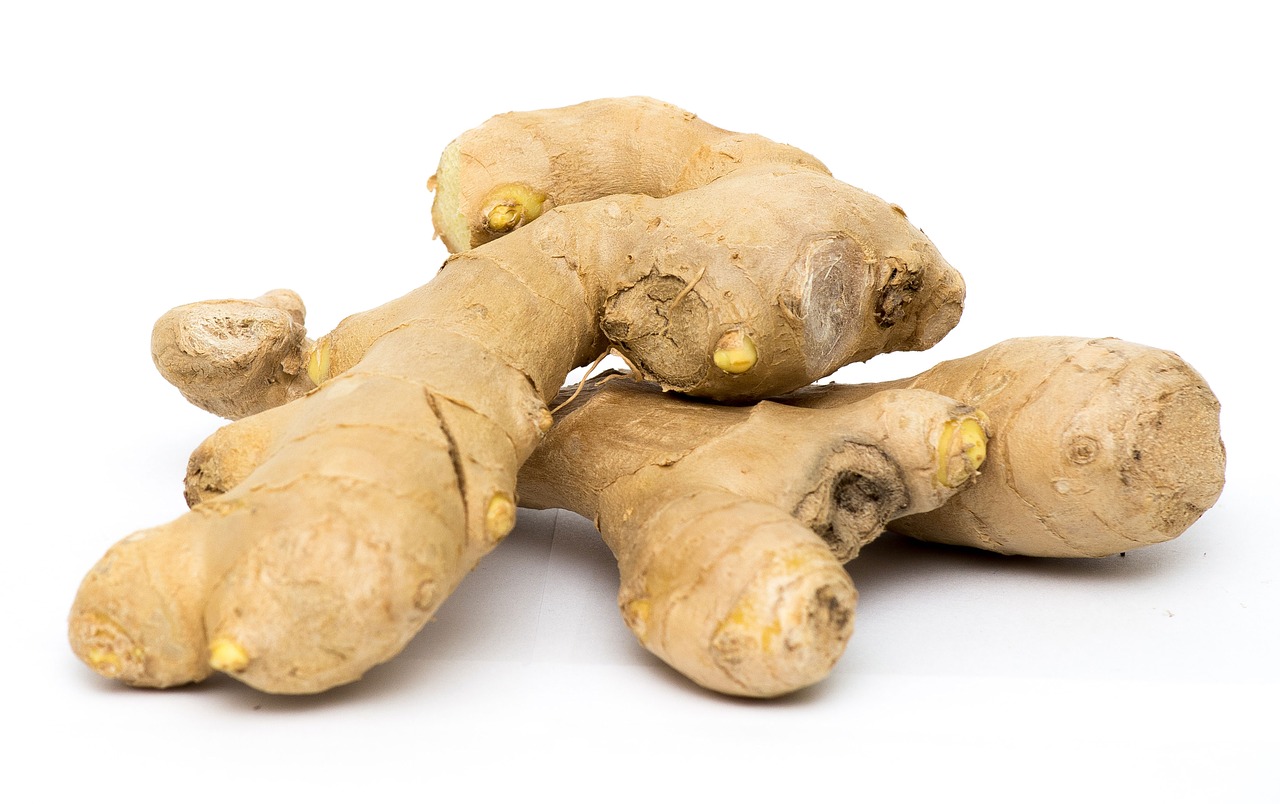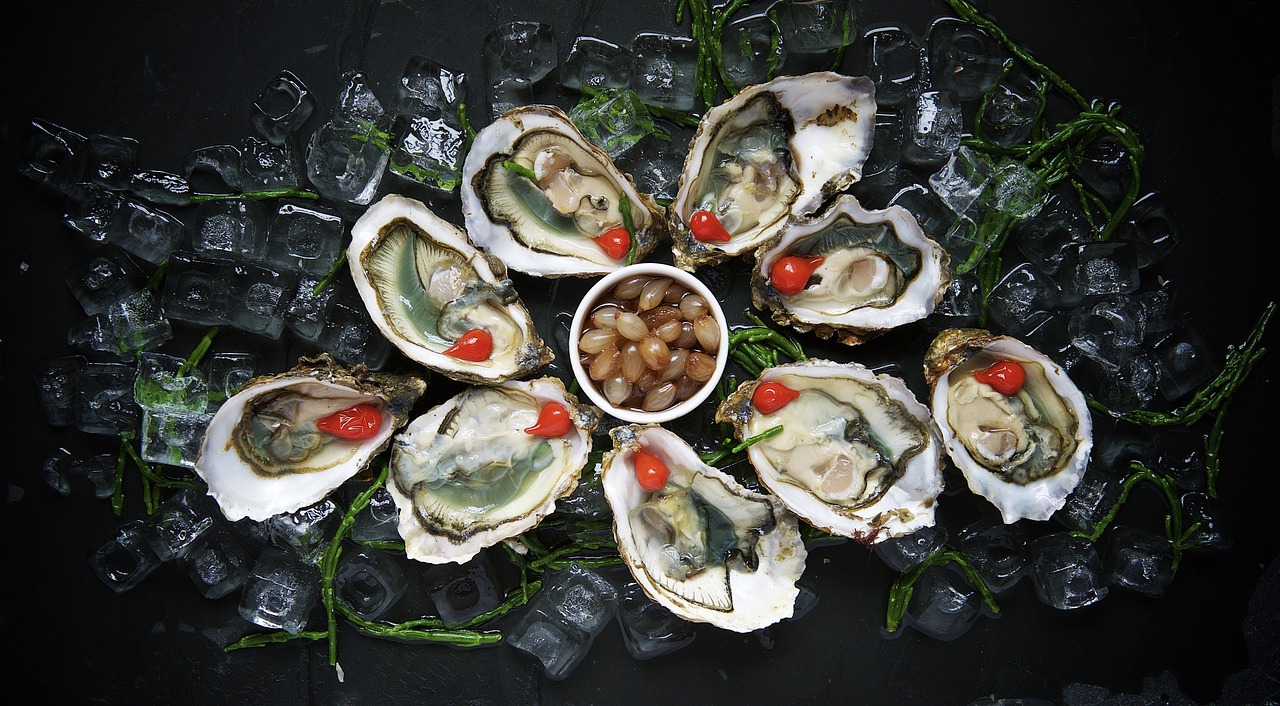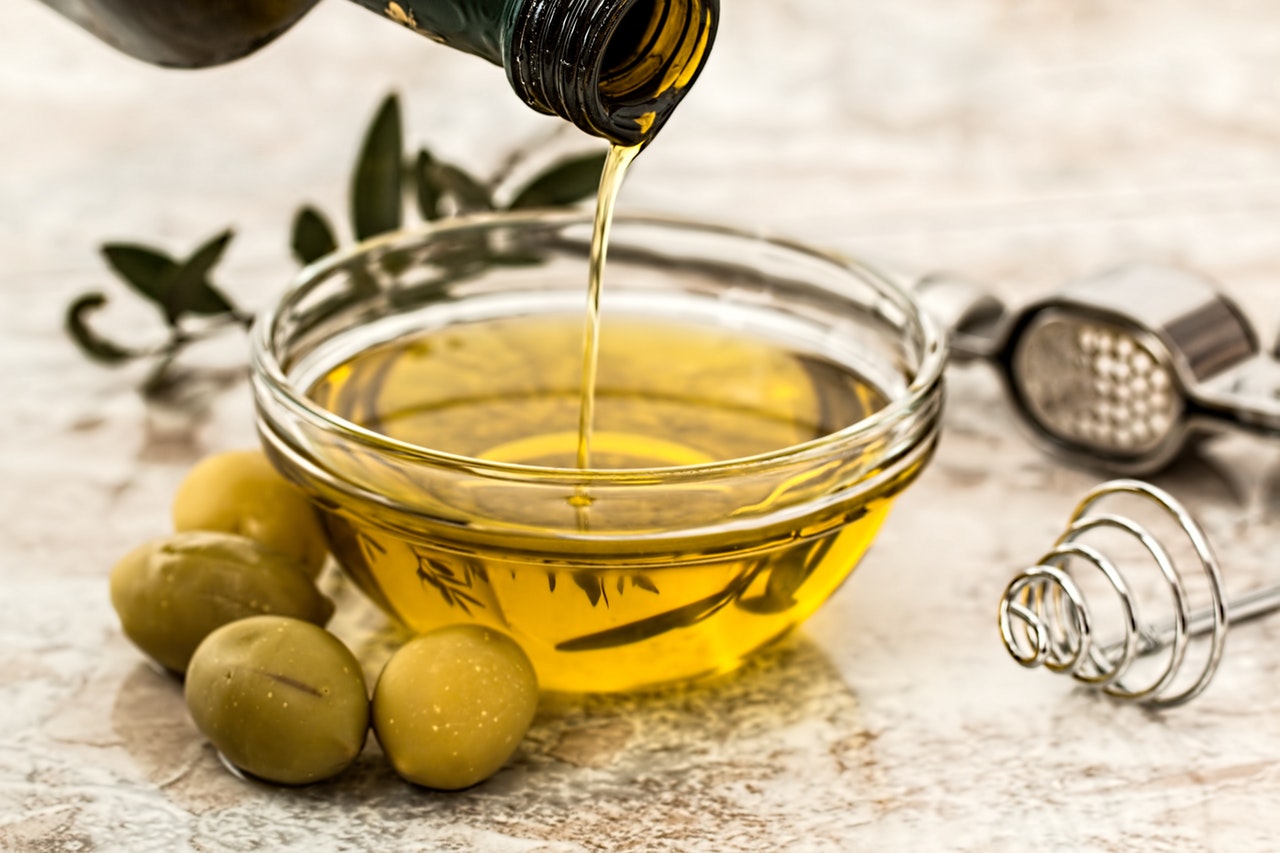6 Best Foods to Help Increase Low Testosterone

Having adequate levels of testosterone is a vital factor in determining your quality of life. For beginners, testosterone is a male sex hormone found in men and women found to be important for energy, fertility, healthy sexual functions, and building muscle. Testosterone is one of the main causes of physical changes for boys during puberty, like promoting deeper voice and hair growth. Generally, a person’s testosterone level will steadily decline as you age, depending on medical conditions, lifestyle choices, and other factors. A decreasing T level can result in a lot of changes in your body, including a lower sex drive.
There are natural methods like diet and exercise as well as Testosterone Replacement Therapy (TRT) to help raise your testosterone levels back up to where it should be. Today, we’ll be focusing on a list of foods you should consider incorporating into your diet to help increase your T levels, as well as some foods to avoid to help prevent it from dropping further. Keep reading!
Do you think you might have low testosterone? Take our Low T Questionnaire to find out!
Top Testosterone-Boosting Foods
1. Ginger

Eating ginger has been known to provide many benefits for your body, such as relieving gastrointestinal irritation, reducing muscle pain or soreness, treating nausea, and more. Modern research has shown that ginger can also improve testosterone levels as well. In 2012, a study with 75 infertile male participants found that taking ginger supplements everyday can increase T levels about 17.7% as well as improve sexual function. Researchers also noticed an improvement on sperm health and an increase in sperm count. Men experiencing infertility or low testosterone levels may benefit from adding ginger to their diet or taking daily supplements.
2. Leafy vegetables
Eating vegetables rich in the mineral magnesium such as spinach, kale and swiss chard helps increase the body’s testosterone levels as well. Generally, the more active you are, the better the results. Other great sources of magnesium to include in your diet are beans, lentils, nuts, and whole grains. Taking daily magnesium supplements can also be an alternative to help boost testosterone production.
3. Oysters

You may have heard that oysters are considered an aphrodisiac, and there is definitely some truth to this. Part of the reason may be due to the fact that oysters contain more zinc per serving than any other food. Zinc is an essential mineral that can improve testosterone production, physical endurance, muscle growth, and sperm production. Because zinc is lost through sweat, people who are physically active or sweat a lot are likely to be deficient. Consuming oysters can help supplement the loss of zinc, especially as you age. Chicken liver and pumpkin seeds are also great sources of zinc.
4. Fish
Eating ample amounts of seafood such as fatty fish has been recommended at least twice weekly to maintain a healthy balanced diet. Fish has been especially important to include in your diet because they are rich in omega-3 fatty acids and are an excellent source of protein. Some examples of fish rich in omega-3 fatty acids include salmon, mackerel, herring, sardines, and trout. An animal-based study in 2016 found that fish oil can improve semen health and increase T levels.
5. Pomegranate
Not only are pomegranates packed with antioxidants, they are a great way to help boost testosterone levels as well as physical strength and muscle mass. Drinking pomegranate juice can help middle-aged men who lose muscle mass as T levels start to decline. Pomegranates has also shown improvement in sex drive, positive effects on blood pressure, and mood.
6. Extra Virgin Olive Oil

Olive oil has proven to have many health benefits such as reducing risks of heart disease and cancer. Extra virgin olive oil contains a lot of vitamin E and monounsaturated fat. The oil can also improve male reproductive health too, boosting the serum testosterone levels for healthy males. Cooking with extra virgin olive oil or adding some to your salad as a dressing can help ensure you are increasing your testosterone levels while eating your favorite foods.
Related: 5 Ways to Naturally Boost Your Testosterone
Foods to Avoid
-
-
Processed foods
-
Prepackaged foods, meals, and snacks are all examples of processed foods. Although it is very convenient and a quick option to get a meal in, processed foods offer little nutritional value and are typically high in trans fat, salt, sugar, and calories. Foods that contain high amounts of trans fats can cause a reduction in T levels as well as harm testicular function.
-
Excessive Alcohol
-

-
Too much alcohol use can reduce fertility in both men and women. Alcohol harms the leydig cells in the testes which produces and secretes testosterone. Having an occasional glass of wine is considered safe and may provide some health benefits, but drinking too much will hinder testosterone production.
-
Mint
-
Although mint has a lot of soothing properties for your stomach, some research indicates eating spearmint and peppermint could be a reason for a drop in your testosterone levels. Try to avoid consuming too much mint, including chewing mint-flavored gum and drinking mint herbal teas to prevent your testosterone levels from suffering.
Related: 8 Diet Foods that Can Make You Gain Weight
Testosterone levels will naturally reduce with age, but you can supplement the decrease with a better diet including foods such as ginger, oysters, leafy vegetables, and pomegranates to help the body produce more testosterone. Eating more foods that are rich in magnesium, zinc, omega-3 acids, and vitamin d in general may be the key to keeping your T levels at an optimal level. As there are foods to help boost your T levels, there are foods to avoid such as processed foods, excessive alcohol consumption, and mint. It is important to follow a balanced diet as well as exercising to benefit the body as we age to ensure a better quality of life. Make sure you put your health as a top priority, and you’ll always stay Ageless.



